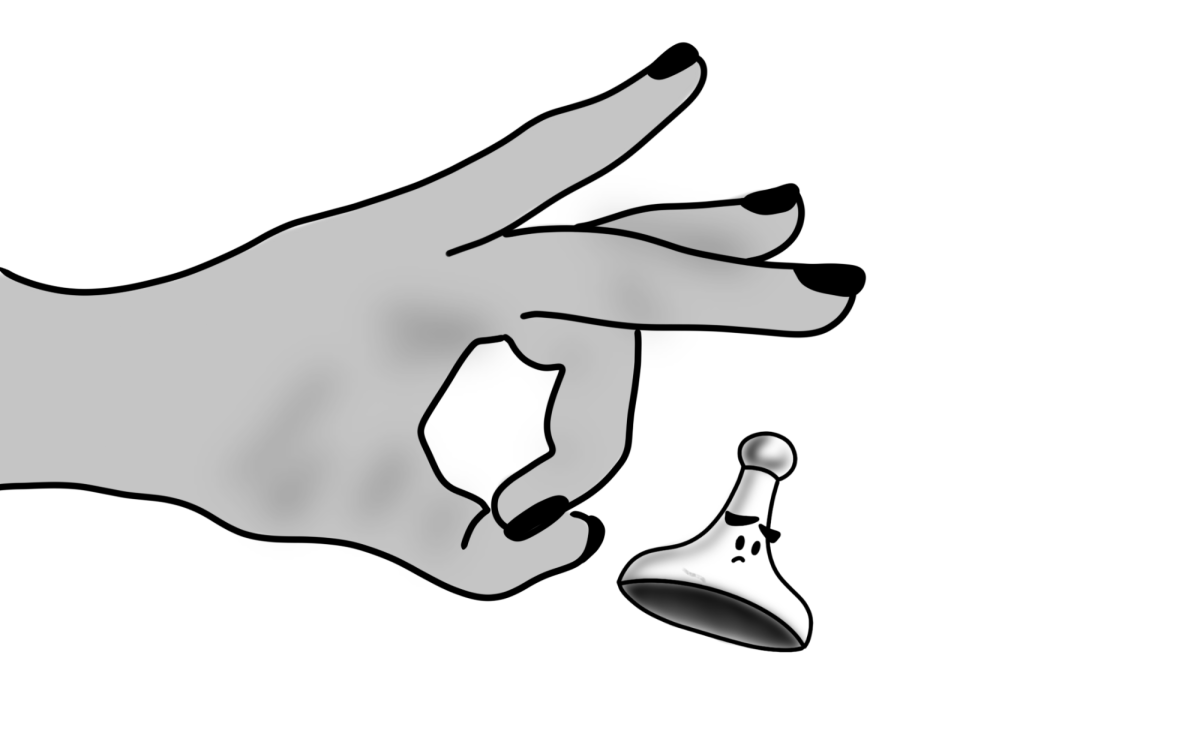Last year, I made the mistake of checking a small box at the bottom of the SAT that allowed my personal information to be shared with colleges and universities.Throughout my first semester as a senior, my email inbox and postal mailbox were constantly overflowing with advertisements from various colleges.

When browsing through these “personalized” advertisements, I feel more like a consumer than I do a prospective student.
The unsolicited, fake, personalized attention for the sole purpose of selling me something eerily reminds me of a couple of weeks ago when I accompanied my mom to a Lexus dealership. Immediately after stepping through the door, we were warmly greeted by a balding man in a suit with coin-sized glasses who offered to help us.
After leeching information about our price range and car preferences, he promptly led us to cars that were just above the amount we wanted to pay and assertively lectured us on how this one was the best car for its price, how smooth the seats were, and how spacious the interior and trunk space was.
After a brief, shallow sales pitch of the car from someone with a clear bias on the subject, he was ready for us to smile, shake his hand, and skip off the lot with the keys to a new $30,000 car.
Repetitive college advertisements feel like being led around a typical car dealership. The emails and letters contain marketing tactics similar to those of the car salesman, and after relatively little information from a clearly biased source, we’re expected to make a big decision—in my case, my education.
College advertisements portray images of students participating in fun activities from white water rafting to laughing among a group of friends in the school cafeteria.
Although facts and statistics about the academics of the school often follow these pictures, I’m disturbed by the way in which these colleges attempt to draw students in.
Repetitive advertisements engrain name and symbol recognition of the school, and “fun-looking” pictures establish a misleading idea of what the experience of college will be.
The reality is that college won’t be all fun and games.
Shouldn’t I invest four years of my life and over a hundred thousand dollars in tuition and other expenses in a school that insures the best quality education as opposed to the most fun?
In what seems like an all out campaign by many colleges to sell their name and engrain it in students’ heads, it calls into question the purpose and neutrality of higher education in our society.
In every other area of my life when someone sells me this hard on something, it makes me suspicious and skeptical. Why are they trying to convince me so hard? Can’t the university stand on its own reputation and academics for student enrollment? Is this truly the right course for higher education?
As a college applicant, the entire experience makes me think they are after my wallet rather than my mind.






